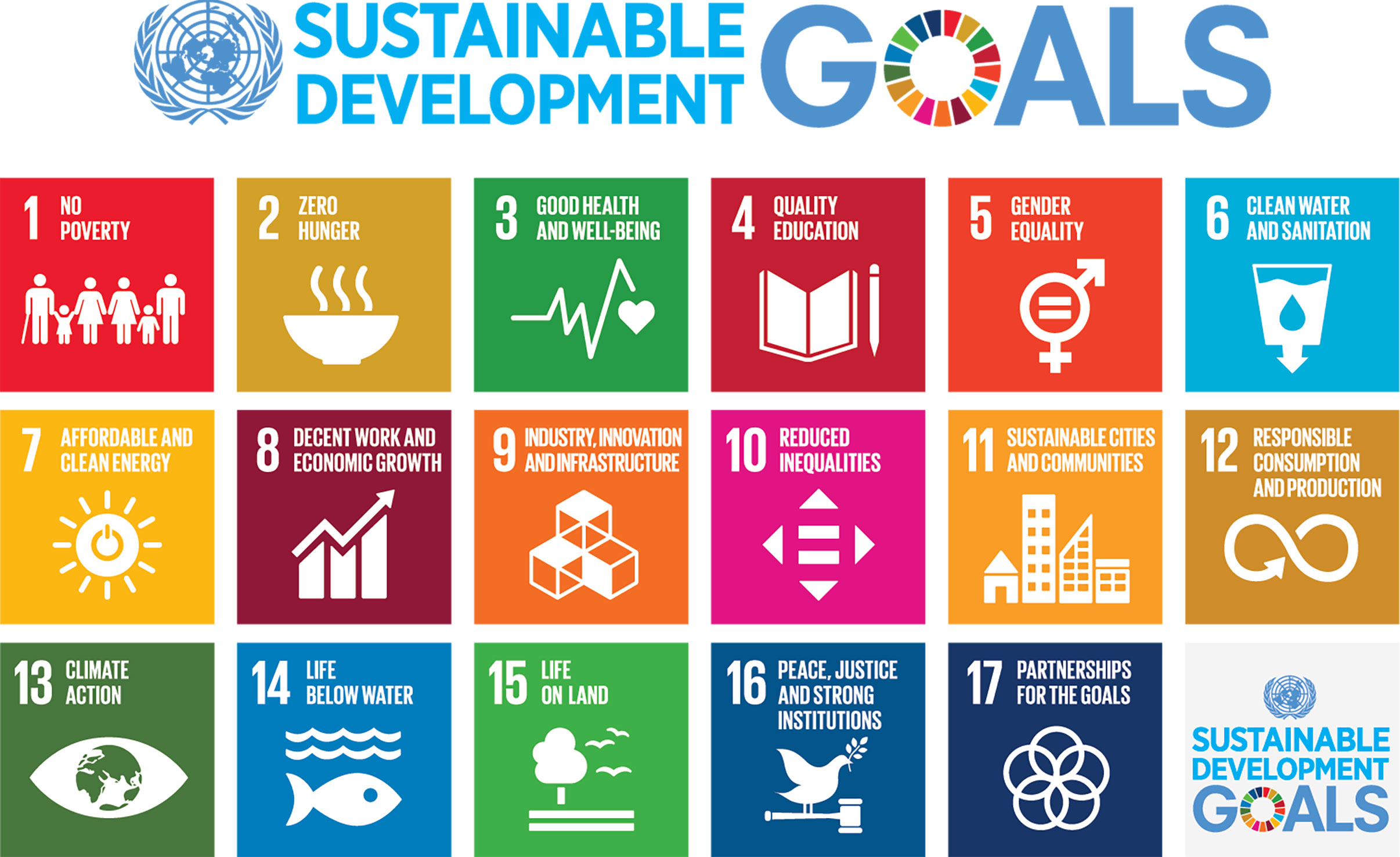Funded by the Government of Canada's Sustainable Development Goals Program, this project focuses on the intersection of universal design in post-secondary education and decent work, as informed by experiences of diverse students with disabilities. This project is part of Canada's contribution to the UN Sustainable Development Goals (SDGs) and furthers our commitment around the CRPD and international treaties. This project will evolve over three phrases: exploratory research to understand the landscape, deepening understanding in gap areas, and connecting with others around sustainable change.
Stay Connected
Keep in touch with Eviance via our new opt-in newsletter.
About the SDGs
As defined by the UN, the Sustainable Development Goals (SDGs) are comprised of 17 goals to which Canada, and 192 other UN member states, committed to for the 2030 Agenda for Sustainable Development. Within the scope of these goals are 169 targets and over 230 indicators. The overall vision of the Sustainable Development Goals is to secure a world free of poverty and hunger, taking into account things like access to quality education, decent work and cross-sectoral collaboration.
Project objectives.
This project focuses in on contributing to three key SDG’s: Quality Education (SDG4), Decent Work and Economic Growth (SDG8), and Partnerships for the Goals (SDG17). While we have set objectives under each of these SDGs we also recognize the interconnected nature of these goals as well as the systemic impact of the greater list SDGs within this work.

SDG 4: Quality education
Contributing to building quality education (SDG4), in this project we will conduct and share research on effective and innovative universal design practices in post-secondary education. This research will be tied to predictors for quality work for students and graduates with disabilities, as well as work to close gaps in the knowledge and skills of key stakeholders related to universal design for learning, instructional excellence and student support.

SDG 8: Decent work and economic growth
Contributing to decent work and economic growth (SDG8), in this project we will conduct and share research on the nature and quality of work held by students and graduates and further this knowledge by creating and sharing digital resources that underscore effective practices that can help students with disabilities to succeed in post-secondary education and in obtaining decent work. One outcome of this project will be the establishment of an accountability and monitoring framework for use by universities and colleges for tracking the features of post-secondary education that associate strongest with quality work.

SDG 17: Partnership for the goals
In the spirit of engaging in partnerships (SDG17) we have brought together partners from across the country, both academic institutions as well as invested community organizations to take on this work. The design of this project is to bring knowledge together in ways where people can learn and to develop opportunities where we can work towards change together.








